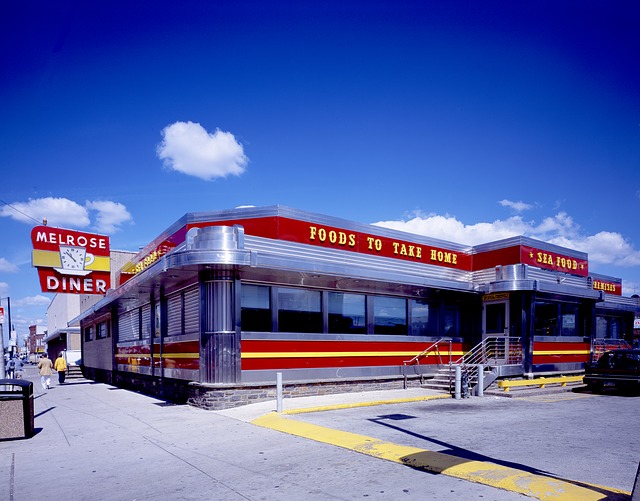The Keystone State has recently approved a comprehensive reform of its somewhat antiquated laws and regulations regarding workers whose pay includes tips. Although there are few bold innovations or dramatic changes to report, a review of the law provides a good look at the state of tipping laws in the United States.
Pennsylvania renamed the state agency that enforces tipping and other employment laws the “Bureau of Labor Law Compliance.” The name change may signal an increase in vigilance on behalf of workers. However, the bureau remains hidden among 19 other bureaus and offices of the PA Department of Labor and Industry.
The changes, which become effective in 90 days, cover nearly every aspect of the current regulations relating to tipped workers. They mainly update the 1977 Pennsylvania law and clarify recent confusion caused by the United States Department of Labor changes to several rules following the 2020 presidential election.
Tipped Minimum Wage. Pennsylvania’s “tipped minimum wage” is set at $2.83/hr for workers earning at least $135/month in tips. This means that Pennsylvania employers can pay a worker as low as $2.83/hour, provided the worker earns more than $135/month in tips and the worker’s tips plus $2.83 per hour adds up to at least the minimum wage of $7.25/hr. The change to $135/month was to recognize wage inflation over the years and is not expected to have a significant impact on worker pay.
Tip Pools. Tip pools are legal in Pennsylvania. The new law aligns Pennsylvania with federal regulations, which allow tip pooling among servers, but in most cases excludes managers, supervisors, and business owners. Non-qualified workers benefitting from a tip pool is a common problem in the foodservice industry.
The 80/20 Rule. The new law aligns Pennsylvania with the federal rule that in order for an employer to take a tip credit and pay less than the minimum wage, the worker must spend at least 80 percent of their time on duties that directly generate tips, commonly known as the 80/20 rule. If you and/or your colleagues are tipped workers spending more than 20% of your time on non-tipped work, you may be entitled to compensation.
Service Charge Notices. Servers at larger dinners, functions, and events are often shortchanged. If a customer pays a service fee for a large group, e.g., a table over eight diners, a corkage fee, event fee, standard service fee, etc., they can believe they are “tipping the servers.” Those charges go directly to the business owner and are not tips. If a customer voluntarily adds something extra to the bill, it’s a tip. If the restaurant adds the charge, it’s not a tip.
Pennsylvania employers who assess a service charge must now provide explicit, written notice to customers that the service charge is not a replacement for or an offset to voluntary tips. The written disclosure must be included in the event contract or the menu. When the invoice or billing statement is presented to the customer, it must consist of separate line entries for service charges and tips.
No Tip Deductions For Credit Card Fees. Employers are prohibited from deducting credit card and other non-cash payment processing transaction fees from a worker’s tip left with a credit card or other non-cash method of payment.
The complexities and intentional actions by unscrupulous employers – such as illegal tip pools – contribute significantly to the $50 Billion annual problem of wage theft. If you and your co-workers suspect that your wage is not correct or have other questions about the terms and conditions of your employment, contact Pelton Graham to discuss your issues.
Image by <a href=”https://pixabay.com/users/falkenpost-1987955/?utm_source=link-attribution&utm_medium=referral&utm_campaign=image&utm_content=1628896″>Falkenpost</a> from <a href=”https://pixabay.com/?utm_source=link-attribution&utm_medium=referral&utm_campaign=image&utm_content=1628896″>Pixabay</a>











Leave A Comment